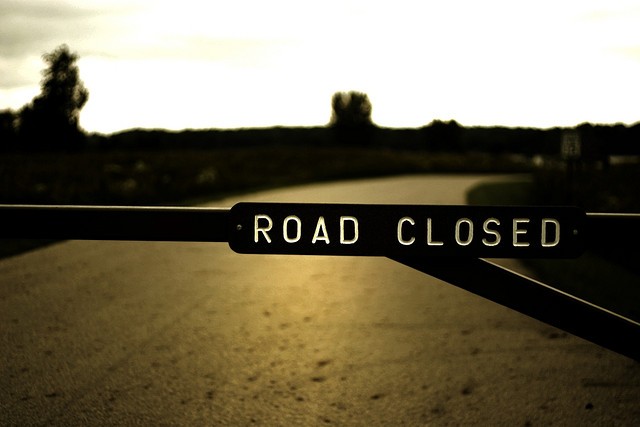The future of the Internet is on the line
A version of this article by our Meghan Sali was originally published at Common Ground and Rabble.ca One of the big promises we were made about the Internet was its potential to revolutionize the way that we interact with the world around us. The Internet enables us to transcend our physical restrictions and travel the world; it allows us to access and ingest research, art, culture and knowledge that would have in the past been stored in libraries and other physical archives, inaccessible to many.
Due to its interconnected nature, the Internet also allows us to contextualize all of these bits of knowledge in relation to each other: it is the only human invention that has the capacity to store unfathomable volumes of data, and to be able to call up any individual piece, and look at it next to another in a fraction of a second.
But lobbyists for old media conglomerates have a plan to restrict where we travel online, by censoring links across the Internet.
The new regulations envisioned by their scheme would restrict our right to link to content and services of our choosing -- and if these new censorship powers are put into place it will fundamentally change the way we use the web.
We're barrelling toward a key moment for action -- legislators in the European Parliament are undertaking a series of votes on copyright policy in the coming weeks, the results of which have the potential to usher in new link censorship schemes that will affect Internet users not just in Europe, but right across the globe.
MEP Julia Reda was assigned by the EU Parliament to produce a report on the issue of copyright reform for the modern age, and she has put forward a positive roadmap to foster a more connected future. Sadly, other MEPs with backing from old media lobbyists have proposed amendments that contain dangerous link censorship powers.
Reda's report will soon be voted on by the entire Parliament, and we'll have a chance to defeat these backwards proposals, and send a message to those advancing them: hands off our Internet!
Let us break it down: Reda's proposal basically calls for the EU to support the right to link, noting that linking is a "fundamental building block of the Internet."
Yet extreme amendments from pro-censorship MEPs have turned Reda's initiative on its head by mandating that websites monitor user activity, filter content, and even verify and "moderate" free expression. What's worse, these proposals envision new restrictions on our right to link as a way for old media publishers to protect their outdated business model.
How would you feel it? In short, with these link censorship rules in place, websites, blogs and online services would need to spy on their readers, unilaterally assess the legality of expression, and censor content, all at the behest of some of today's legacy media giants. This runs completely counter to free expression and access to knowledge.
And because the Internet we know and love is interconnected -- an ecosystem -- the actions taken in one corner of the net can't help but affect what happens elsewhere. To put it bluntly, you might not live in Europe, but some of your favourite websites and services do. And when those services are affected by these backwards proposals, you will be too.
That's why it's so important that digital rights activists stand up for the principles that govern the Internet as a whole and not just when the debate is happening in their backyard.
Because with the revolutionary technology we have on offer, the whole Internet is your backyard. And unless you want that to change, we're going to have to speak out now to Save the Link. You can find out more at SavetheLink.org.




 Take action now!
Take action now!
 Sign up to be in the loop
Sign up to be in the loop
 Donate to support our work
Donate to support our work